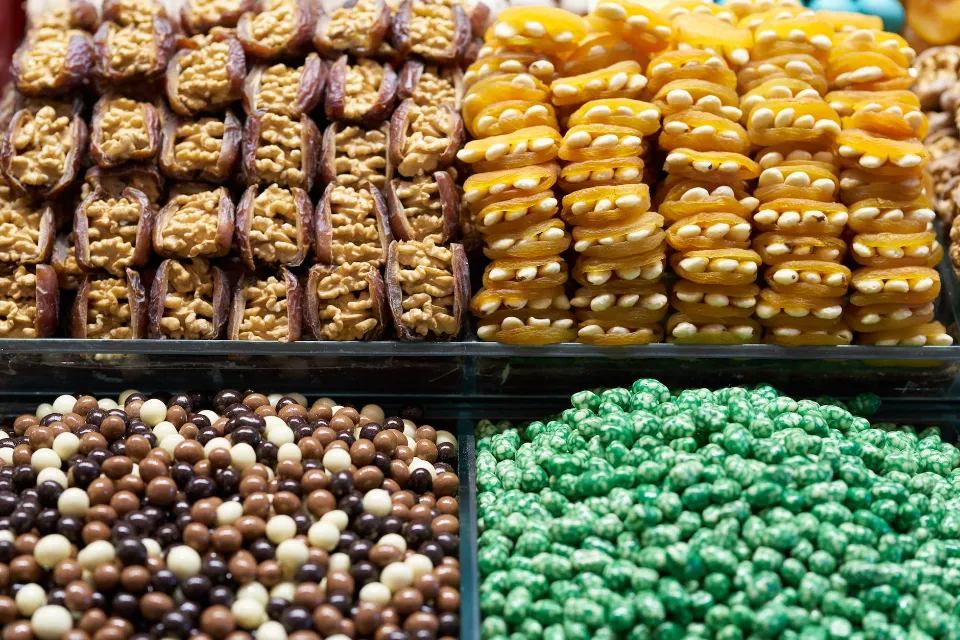
How Fast Does Your Body Absorb Calories – How Long Does It Take?
As soon as you start chewing your food, calories from what you’ve eaten start to be absorbed.
Depending on the type of food consumed, the calories absorption process takes place in the small intestine and can last anywhere between 2 and 6 hours.
How Long Does It Take for Food to Digest into Calories?
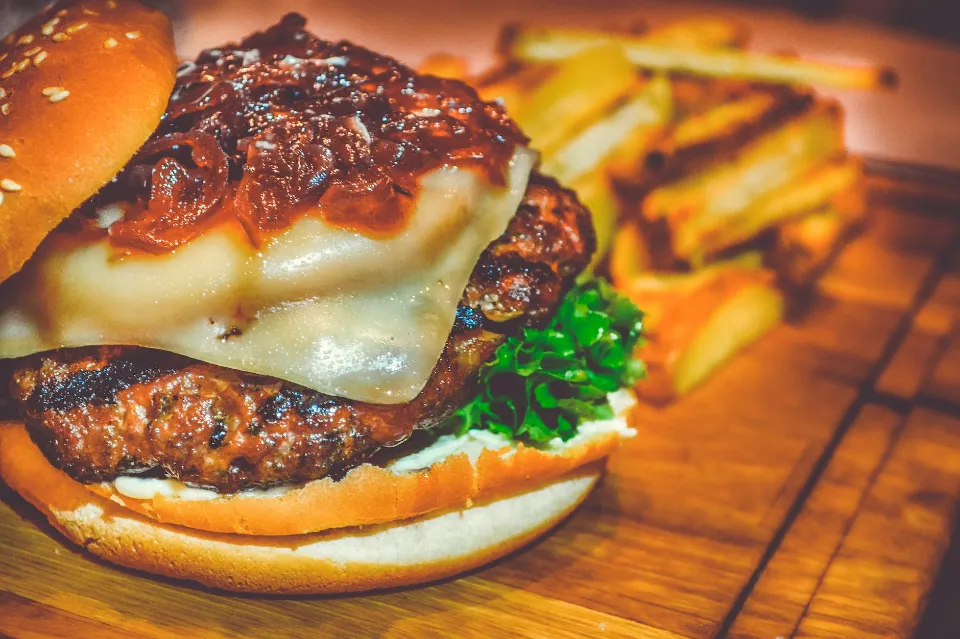
The time it takes for food to be digested into calories depends on the type of food consumed as well as individual factors like digestive health, body type, age, and gender. Food must pass through the digestive system and be transformed into usable energy in the form of calories, which typically takes between 24 and 72 hours.
Bread, pasta, and fruits are examples of carbohydrates that digest the quickest, taking between 24 and 48 hours. Dairy products, such as milk and yogurt, typically take 48 to 72 hours to digest completely, whereas proteins and fats, such as nuts and lean meats, can take up to 3 days.
Having said that, it is crucial to remember that each person’s digestive system is unique and can influence the rate of digestion. You can learn more about what suits you best by eating slowly and mindfully, as well as by observing how your body feels.
Water
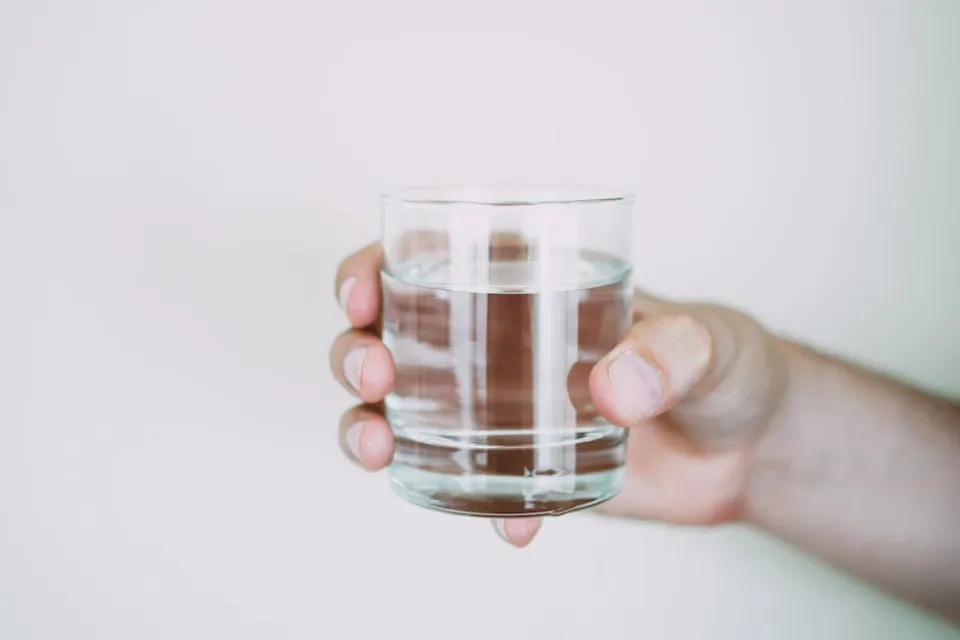
Water enters the intestines right away if you consume it on an empty stomach. For this reason, drinking some water right away will help your body hydrate more quickly.
Other Liquids
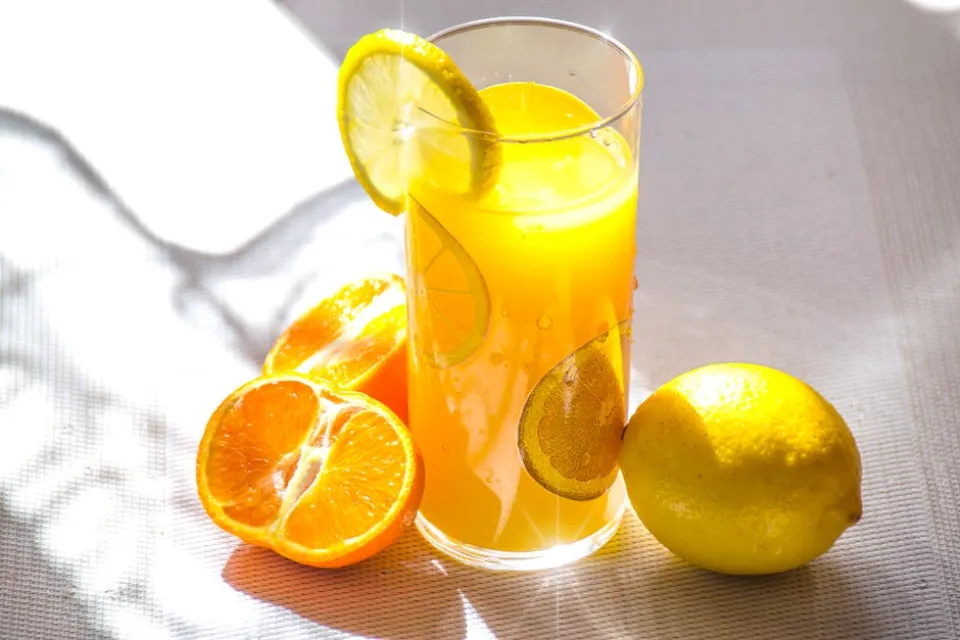
Juice will be digested (i.e., leave your body) in about 20 minutes if you consume it more frequently than water. Freshly-squeezed juiced can therefore enable a quick “dose of health” through the speedy absorption of vitamins and minerals from fruits and vegetables.
Donat is a clinically tested treatment for slow digestion that can also aid in treating a variety of medical conditions.
Juices lose the fiber from mixed fruits and vegetables, but smoothies don’t. Because of this, they make you feel fuller longer and the digestion takes longer (about 30 minutes). The digestive system benefits from foods high in fiber because they make it function more effectively.
Fruit
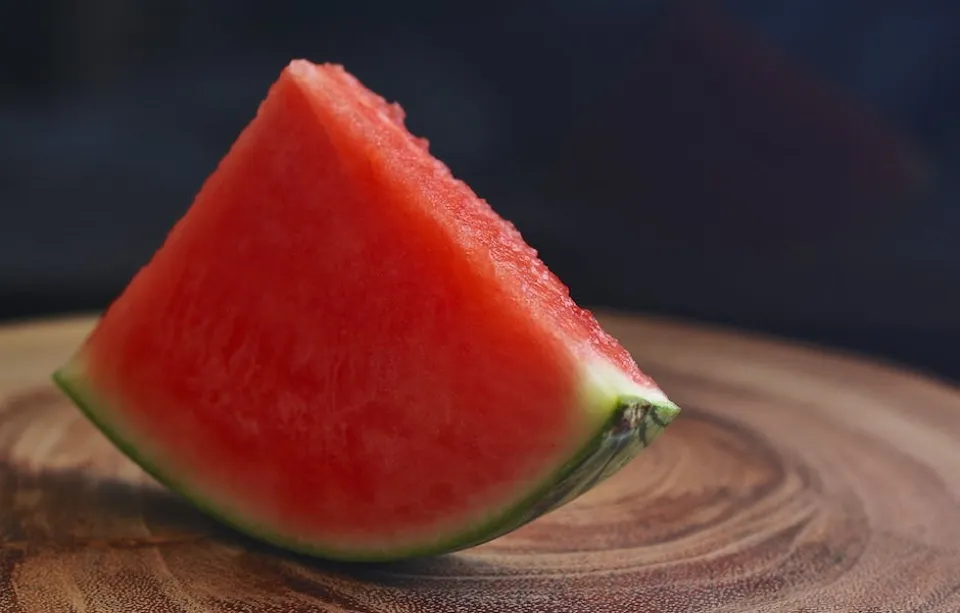
When it comes to fruit digestion, watermelons have the quickest exit time from your stomach, taking only 20 minutes. In about 30 minutes, its cousins, melons, as well as oranges, grapefruit, bananas, and grapes, will leave your stomach.
The majority of other fruits (such as cherries, kiwis, apples, pears, etc.) should take about 40 minutes to digest.
Vegetables
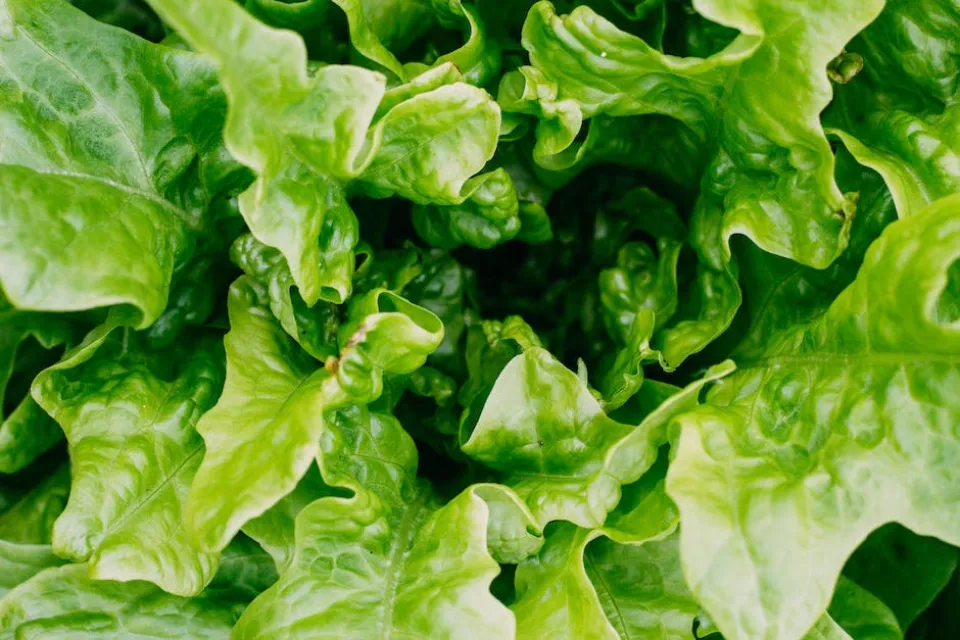
Fruit usually breaks down faster than vegetables. However, lettuce, cucumber, peppers, tomatoes, and other vegetables containing a lot of water will need just around 30 minutes to leave “stomach land” behind.
cruciferous vegetables, such as kale, broccoli, cauliflower, etc. usually digest in 40 minutes.
Then there are the slower ones, like carrots, beets, and other root vegetables, which typically take 50 minutes to digest. Additional starchy root vegetables include potatoes, butternut squash, artichokes, sweet potatoes, corn, and others., take up to 60 minutes to digest.
Grains
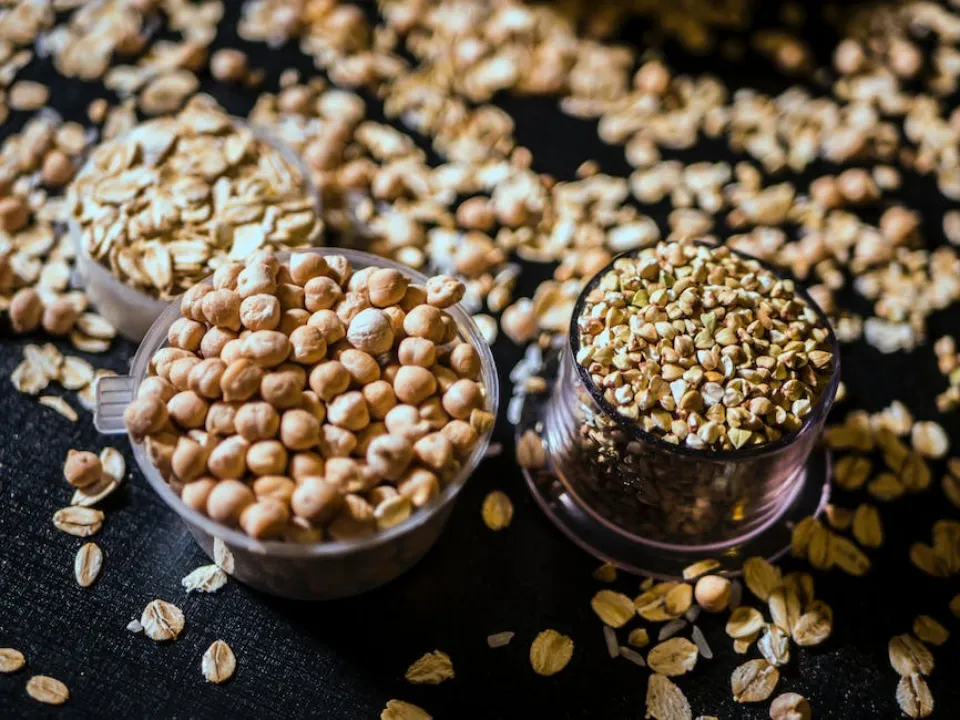
Once more, the digestion of various grains and carbohydrates takes longer than the digestion of fruits and vegetables.
Legumes like chickpeas, lentils, beans, and other legumes take less time to leave your stomach than grains like brown rice, buckwheat, and oats, which can take an hour and a half. take even more – around two hours.
At What Point Are Calories Absorbed?
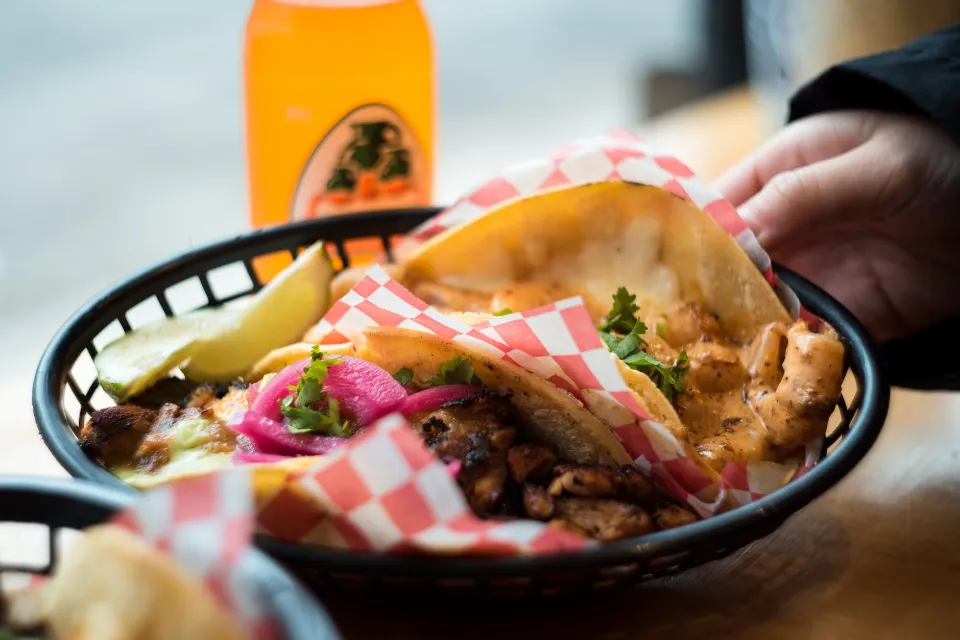
Depending on the type of food consumed, different portions of the digestive system are where calories are absorbed. As saliva starts to break down carbohydrates into simple sugars, the absorption process initially starts in the mouth.
This process continues in the stomach, where digestive enzymes continue to break down food and aid in nutrient absorption. Bile, which aids in the breakdown of fats and oils, as well as various digestive enzymes that separate carbohydrates, proteins, and fats into their constituent nutritional particles, all work together in the small intestine to aid absorption.
Water, electrolytes, vitamins, minerals, and any remaining calories are all absorbed along with any remaining nutrients in the large intestine, where absorption lasts.
Can You Burn Off Calories You Just Ate?
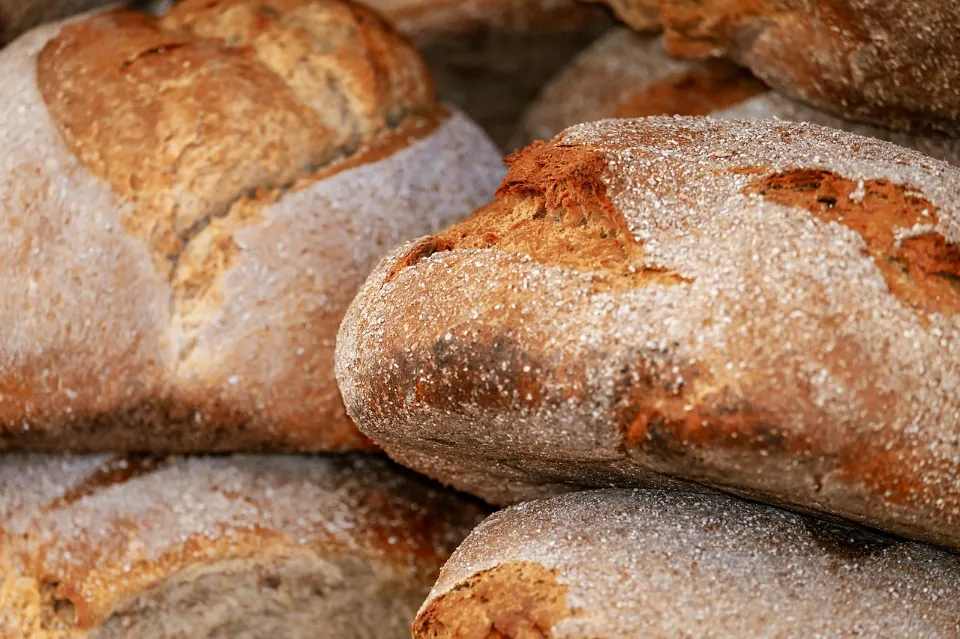
It is possible to burn off the calories you just consumed, but it is not advised. Your body starts digesting food as soon as you eat, using the calories as fuel. It requires that you use up more energy than you take in in order to burn off the calories.
This means that in order to burn off the calories you just consumed, you will need to exercise.
As you burn calories faster than you can consume them, this method of weight loss is ineffective. Additionally, performing vigorous exercise soon after eating can stress your body and result in digestive problems.
For this reason, it is frequently advised to space out your meals and exercise throughout the day.
In conclusion, although it is technically possible for you to burn off the calories from your most recent meal, doing so is not advised and may be bad for your health.
Do the Calories Count If I Throw Up?
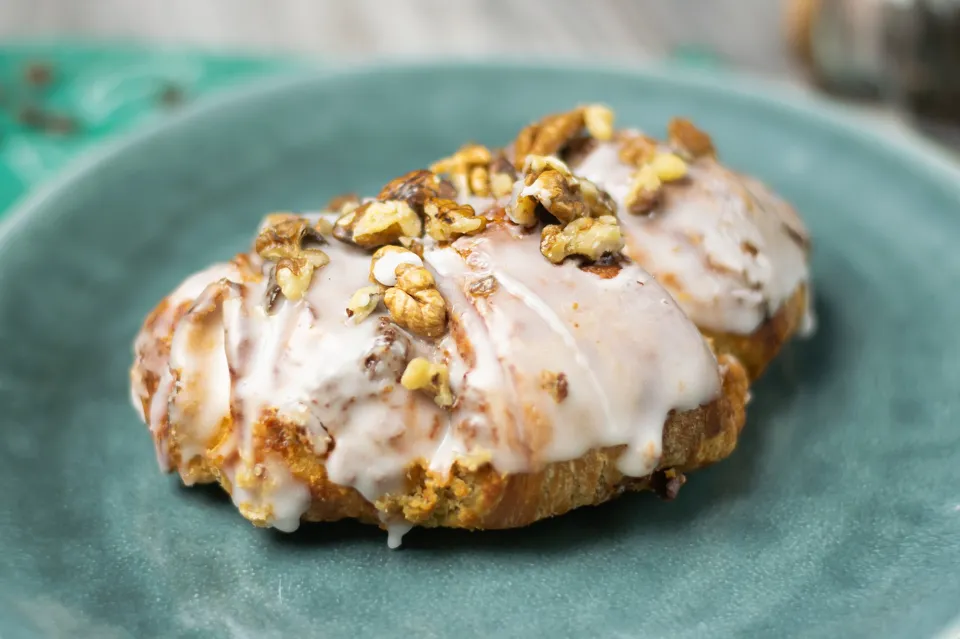
Yes, calories do still matter when you vomit. Your body absorbs the calories you eat before expelling them as waste when you vomit. Even if you throw up after eating, your body still absorbed the calories, increasing the total amount of calories you’ve eaten.
Throwing up after eating should generally be avoided as it can have a number of unfavorable effects. Dehydration, weak abdominal muscles, a disruption in the electrolyte balance in your body, and even an increased risk of eating disorders can result from vomiting.
Drink plenty of fluids before and after eating if you feel like you might vomit afterward to keep your electrolyte balance in check.
What Stops You from Absorbing Calories?
Digestion, or the process of breaking down large food particles into smaller, more easily absorbed nutrients, is ultimately what causes the body to absorb calories. Calorie absorption would stop or slow down if the digestive process had been inhibited or slowed.
Food intolerances, allergies, digestive issues, and infections are just a few of the causes of this. Additionally, smoking, not getting enough exercise, or having a bad sleep schedule can all have a negative effect on digestion and absorption.
Sometimes, dietary problems like eating insufficient amounts of wholesome foods or getting insufficient amounts of vitamins and minerals can also prevent the absorption of calories.
What Time Do Calories Reset?

Calories do not reset in a literal sense, as they are not a physical thing that can be “reset” like a timer. However, since the amount of calories you consume and expend is frequently calculated over a 24-hour period, for the majority of people, the daily calorie intake and expenditure will be reset each day.
For instance, if a person’s daily caloric goal is 2000, they will try to consume and expend 2000 calories each day. This means that each day brings a new opportunity to reach their calorie goal, as the daily target “resets” each day.
Are All Calories Absorbed in a Binge?
The calories consumed during a binge are not all absorbed, though. When someone binges, they frequently consume more calories than their body can process, which can cause a variety of digestive issues, such as gas, bloating, and diarrhea.
The body can only take up so many calories in a short period of time; if more food is consumed, the extra calories will either not be taken up by the body and be stored as fat or eliminated as waste.
During a binge, it’s crucial to eat slowly and deliberately to reduce the number of calories that are not absorbed. Additionally, smaller meals with more nutrient-dense foods can aid in lowering the amount of absorption that the body does not absorb.
How Do You Get Rid of Calories After Eating?
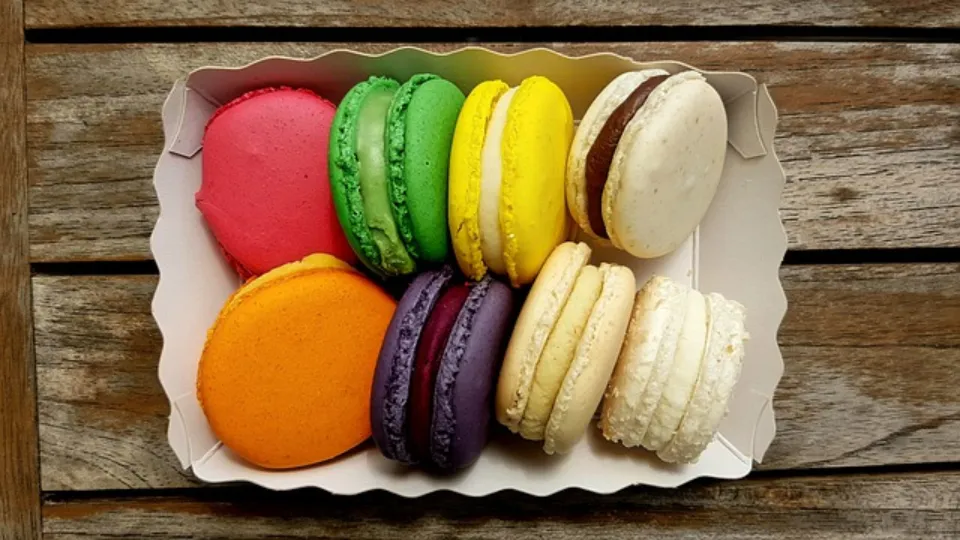
Workouts are the most crucial strategy. Exercise speeds up metabolism, helps you lose weight, and burns calories. Exercises like jogging, biking, swimming, and walking can help you burn calories and increase your energy levels.
The consumption of nutrient-dense, well-balanced meals and snacks should also be a priority. Making healthy food selections and eating smaller meals frequently can help you feel fuller for longer, which ultimately aids in calorie burning.
You may be able to cut calories by consuming less sodium, sugars with added sugars, and bad fats. Finally, drinking a lot of water can help you stay hydrated, alert, and satisfied while also keeping you full, which can help you consume fewer calories.
The Bottom Line
The estimated caloric content of a food or meal is based on the assumption that you can digest and absorb all of the macronutrients, which is rarely the case. Eating whole foods, foods rich in fiber and resistant starch, as well as foods that aren’t cooked and haven’t been exposed to heat, will probably help you consume fewer calories. You now have yet another excuse to increase the amount of whole, unprocessed foods in your diet.
FAQs
How Long Does It Take for Your Body to Start Absorbing Calories?
After you consume calories, it typically takes your body 10 to 20 minutes to begin absorbing them. In order for the food to be distributed throughout your body and absorbed into your cells, your body is currently dissolving it into the tiniest possible particles.
How Long Does It Take to Digest 1000 Calories?
It takes almost three to four hours to digest a large meal with over 1000 calories, while a smaller meal with 600 calories will take a few hours. Similar to this, it will only take an hour for a 300 calorie snack to be fully digested.
Can Your Body Absorb Every Calorie You Eat?
Ninety-five percent of the calories you consume are typically absorbed during digestion. However, not every parcel you eat is completely digested, as you might have noticed the last time you went to the bathroom.
Does 100% of the Calories in Your Food Get Absorbed?
Two-thirds or less of the food’s total calorie content enters your body. The remainder could either be completely eliminated or used by the bacteria in your colon. Digestibility varies even among foods that have been cooked.





Average Rating